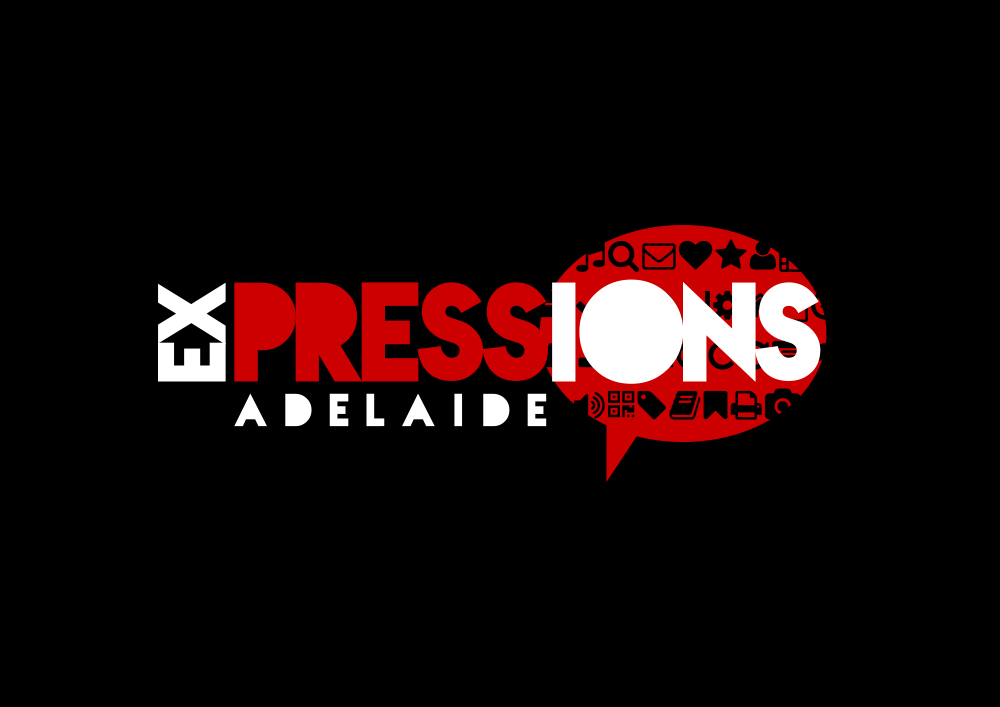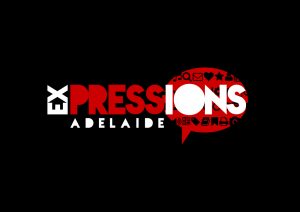While there is no perfect formula for review writing, there are some basic techniques you should consider in order to write an effective, engaging review. A review is both a report of an event and an appraisal of it. As a report, it should give basic factual detail, such as the place and date of the performance, the full name of the company and the name and author(s) of the text (and the text it is based upon, if applicable). It is also important to credit the director, costume, set and lighting designer(s) and actors. Make sure to access a program, rather than try to improvise without one. Programs often include all the facts you need, as well as directors’ notes, which might help you get an idea of the company’s objectives and viewpoints.
When you attend the event you are going to review, make sure you get there in comfortable time, get your program and get settled in. Look around you a bit; take a look at the set, if it’s visible. See who the audience is and get some sense of their reaction to the show. Take notes if you can, but you may discover it isn’t easy writing in the dark. The important thing is that you note your impressions, themes, moments when the show comes to life, or times when it is unsatisfying.
Prepare yourself beforehand. If it is a classic work, like Richard III by Shakespeare or an historically recent work like Waiting for Godot– read the play, or at least become familiar with it. You are not there for the suspense and titillation of the story; rather, you want to know what they have done with the original production.
In the review itself, don’t get caught up retelling the plot – we already know what happened to Macbeth and Hamlet. But, in the case of a new play, you will need to give a synopsis of the plot as part of your information. Having said that, the synopsis should only be brief, and not a bunch of paragraphs recounting the narrative.
Your review is a personal piece and can be in any sequence you wish, but it might be advisable to start factually and work your way gradually to the evaluative comments. A sequence like the following works well:
- An introduction indicating the name and nature of the production.
- A paragraph or two briefly outlining what happens.
- A paragraph on the director’s role – what styles has he/she used, what interpretation has been imposed?
- An account of the performances, the design (costumes, set, lighting) and how well these aspects highlight the ideas and themes in the work.
- Don’t generalise – superlatives or condemnation are not much use without examples. Always try and find an instance which illustrates your point. Don’t just say it was ‘wonderful’ or, worse still, ‘boring’, without accounting for yourself.
- A conclusion appraising the success of all these elements.
Remember that the production sets its own terms of success – within budget, expertise, the quality of the concept, whether it’s a touring company etc. Be reasonable within those terms. Be gracious. You are assessing a production, rather than writing an essay arguing why the company did or didn’t ruin Romeo and Juliet. You can be honest, but not insulting. You’re not a sit down comedian and your review shouldn’t be full of clever one-liners. Your task is to give a clear and vivid account of the performance.
It helps to read other reviews, but not ones on the show you are covering. You either end up feeling you can’t repeat ideas or that you are in a debate with another reviewer, or sometimes you might inadvertently take those ideas and use them as your own. Trust you own judgment, it doesn’t matter what the others are saying. If you want to read reviews to get an idea of how some good ones are written, though, look in The Australian, The Adelaide Review, The Guardian, New Yorker, etc.
Theatre reviewing will help you develop your understanding of drama and the theatre. It will improve your theatre literacy skills. The task of reviewing will make you more responsive to what you see and improve your creative and critical thinking skills.
Theatre reviews should:
- Give an accurate impression of the performance for someone who has not been there
- Convey a considered, personal judgement of the quality of the experience
- Consider how a text was interpreted.
Here are some other things to mention:
- What kind of play is it? What is it about? Mention the genre and style of the piece. Is it dance, drama, music? Is it absurdist, realism or contemporary? Is it elaborate, simple, rough, naturalistic, or a mixture of styles?
- What is the nature of the theatre experience? You must note your own responses, but as theatre is a public event, you should make mention of how others respond, the atmosphere of the evening, and the social context.
Style guide:
This will vary from teacher to teacher, publication to publication, but here are some things to note
- List the details of the show, theatre, date at the top of the review
- Use the full names of the author, playwright, crew, actors, director in the first instance. Subsequent mentions must be referenced by surname.
- Use title case and italics for the show name
- Use short paragraphs
- Don’t use too many gushing superlatives (‘amazing’ is way overused. Try something different – there’s a list below)
- Check your facts: spelling, grammar, dates, names, historical references etc.
- Talk about all of the aspects of theatre (set, costume, design, lighting, script, direction, music, sound, acting, theatre)


